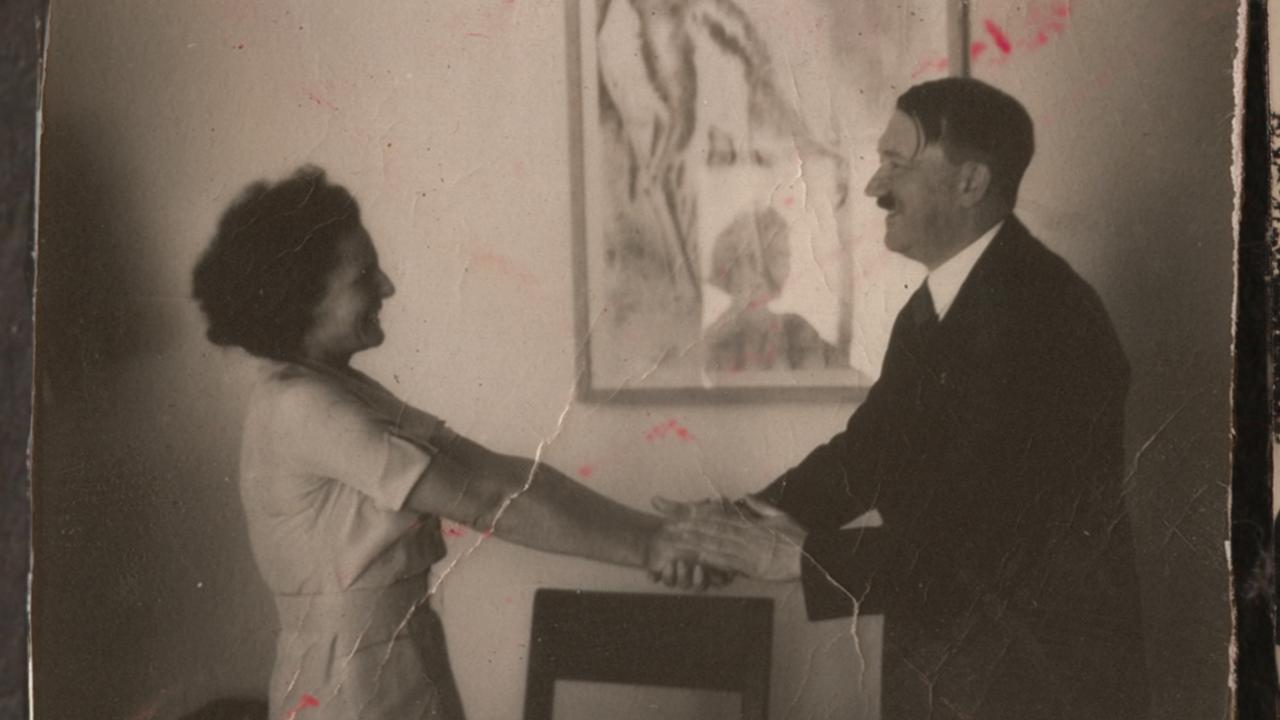Heirs of the auteurs
EUROPE'S filmmaking tradition has been strengthened by the post-communist east, writes Gareth Harding.
CONTEMPORARY European cinema has no shortage of critically acclaimed movies, glitzy film festivals and stars better known for their acting talents than off-screen antics. But in recent years it has been missing something for which it was famous for decades: the director as auteur.
The filmmaker as author, or dominant creative force behind a movie, was first described in a 1954 magazine article by Francois Truffaut, who drew a distinction between directors such as Jean Renoir and Alfred Hitchcock, who sought to "bring something genuinely personal" to their films, and the Hollywood studio system's predominant hack-for-hire directors.
Since then, every decade has had its dominant European filmmakers: from Truffaut, Jean-Luc Godard, Federico Fellini, Ingmar Bergman and Milos Forman in the 1960s and '70s to Krzysztof Kieslowski, Pedro Almodovar, Lars Von Trier, Ken Loach and Emir Kusturica in the '80s and '90s, all of them known for highbrow, meticulously made and sometimes hard-to-watch movies that made personal, political or artistic statements. But many critics say European cinema faces an identity crisis as it attempts to compete against mega-budget Hollywood fare and a steady supply of art-house or indie films from across the Atlantic, while remaining faithful to its tradition of low-budget auteurship. Some even argue that the age of the visionary, all-powerful writer-director is over.
Don't tell that to 24-year-old Swiss director and actor Barthelemy Grossmann, who recently won strong reviews for his debut feature, a thriller called 13m2. If raw talent, artistic adventurousness and unbridled self-regard are harbingers of success, he appears destined for fame and fortune, or at least more critical acclaim.
"If I'm not the next generation of European film directors, then I don't know who is," he says without a hint of irony.
Grossmann is one of a crop of new European filmmakers who prefer to write, direct and produce their own movies rather than hand over control to money-crunchers and pencil-pushers. The subjects they explore range from gangster heists and back-street abortions to sympathetic spies and championship speed-eating. What they have in common is the uncompromising yet artistically rewarding grittiness that has long been a hallmark of European cinema.
Grossmann's film, a claustrophobic look at three hoodlums from a poor Paris suburb who pull off a successful heist only to fall out over how to escape with the loot, is typical of this new wave. The plot is hardly original but the desperate dialogue among the three petty crooks has more in common with Samuel Beckett than Quentin Tarantino.
Grossmann's filmmaking heroes are Martin Scorsese, Francis Ford Coppola and John Cassavetes, who began their careers as driven iconoclasts working outside the studio system. "All day long I think about film, like those guys," he says. I want people who see two minutes of my films to say, 'That's a Barthelemy Grossmann movie."'
A similar attitude is evident in the films of a group of Romanian directors with growing international reputations. Cristi Puiu was the first of the new bunch to achieve international recognition, with The Death of MrLazarescu, the story of an old, sick man who is shuttled from hospital to hospital over the course of a night; the film picked up the Un Certain Regard trophy at Cannes in 2005, plus a slew of other prizes.
Corneliu Porumboiu, 32, has emerged as a darling of the international art-house circuit with his biting political satire, 12:08 East of Bucharest, which tells the story of a television station owner who stages a panel discussion on the toppling of Nicolae Ceausescu 16 years after the event. It won the Camera d'Or at Cannes in 2006.
A year later another Romanian, Cristian Mungiu, won the the Palme d'Or for4 Months, 3 Weeks & 2 Days, which also picked up film of the year and best director at the European Film Awards in Berlin later in 2007.
The film's title refers to the length of time scatterbrained student Gabita has been pregnant. With abortion illegal in communist Romania, she turns to her roommate for help. The backstreet abortionist they hire is cruel and crooked and the two girls soon find themselves trapped in a web of deceit as they struggle to muster the money to pay for the abortion.
It's an austere and uncompromising film: there is no music, little in the way of fancy camera work and minimal editing. It paints a bleak picture of life under Eastern Europe's most repressive regime, but the director denies its aim was political. "We got to an age when we remembered stories from our 20s, which were the last days of communism," Mungiu says. "You need some distance to tell stories about what happened to you when you were young."
Many of these filmmakers focus on the grimmer aspects of European life, often heavily influenced by recent history. In Bosnian director Jasmila Zbanic's Grbavica, single mother Esma (Mirjana Karanovic) lives with her teenage daughter Luna in a cramped apartment in the war-scarred suburb of Sarajevo. She attends therapy sessions by day and works in a seedy cocktail bar by night to pay for Luna's coming school trip. To qualify for a discount, Luna requires an official letter proving her father died a noble death during the war. Taunted by classmates, Luna violently confronts her mother, who confesses that the girl was conceived through rape in a prisoner-of-war camp.
"Grbavica is first of all a story about love, about love that is not pure because it has been mixed with hate, disgust, trauma, despair," says Zbanic, who survived the siege of Sarajevo as a teenager.
It is no coincidence that the movie, which won the Golden Bear at the 2006 Berlin film festival, starts and ends with a therapy session; much of central and eastern Europe is still recovering from more than half a century of bloodshed and dictatorship.
Hungarian director Gyorgy Palfi takes a much bolder and broader-brush approach to his country's recent history in Taxidermia, a baroque tale of three generations of dysfunctional oddballs. With its scenes of armpit-licking, masturbation, bestiality, sodomy and disembowelment, Taxidermia is not for the faint-hearted, yet stands out on account of its visual inventiveness and creative extravagance.
Spain is another country where the weight of recent history is still felt in the cinema. Its most famous filmmaker, Almodovar, now plays the role of grandfather to a younger generation of successful Spanish directors, including Alejandro Amenabar and Daniel Sanchez Arevalo, who made the prize-winning DarkBlueAlmostBlack.
Likely to join their ranks soon is Isabel Coixet, the director of My Life Without Me and The Secret Life of Words, both of which were made in English and shot outside Spain. In The Secret Life of Words, taciturn factory worker Hanna takes a break from her job to look after a burn victim on an oil rig. Initially pledged to a Trappist-like silence, Hanna eventually tells her patient about the horrors she endured as a sex slave during the Balkan wars, and love slowly emerges out of hurt and hardship.
Coixet recently completed Elegy, which is based on a novel by Philip Roth and stars Penelope Cruz and Ben Kingsley.
French-German director Dominik Moll, a Hitchcock fan, aims to combine the more commercial aspects of Hollywood thrillers with an art-house sensibility. In both Harry, He's Here to Help and the more recent Lemming, the calm of a couple's life is shattered by the intrusion of an outsider. Both films are unmistakably European but are also indebted to American thrillers. Meanwhile, movies such as Wolfgang Becker's Good Bye Lenin! and Florian Henckel von Donnersmarck's The Lives of Others, which won the Oscar for best foreign language film in 2007, prove that European films can be both critical and commercial hits if they have strong story lines. That's something the new generation of European film auteurs seems to understand.
Agencies


